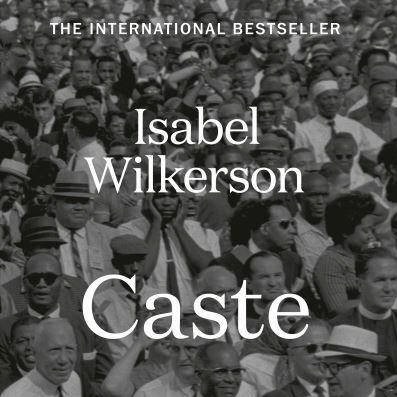Pop Grenade: From Public Enemy To Pussy Riot, Dispatches From Musical Frontlines (Zero) by Matthew Collin
The idea of rock ’n’ roll, or any of its associated/descendent sub-cultures, as a meaningful agent of rebellion seems, at this point in the human experiment, faintly quaint. Rock, punk, hip-hop, dance, pretty much any genre you can think of; however much it might have prompted an anxious cloistering of daughters in its first furious flush, it is now almost certainly soundtracking an advertisement for car insurance, or an election campaign for the kind of politician who would once have declared it a threat to civilisation as we know it.
This, at least, is largely the case in the 21st-century West. Matthew Collin has made something of a speciality of exploring and writing about places where popular culture is still a counter-culture, perceived as a threat by authorities, and therefore created and enjoyed at some risk by its practitioners and adherents. His previous books have included This Is Serbia Calling, an affectionate portrait of anti-Milosevic radio station B92, The Time Of The Rebels, a study of youth-led Eastern European protest movements, and Altered State, a history of ecstasy culture. Pop Grenade is more or less a synthesis of these works: a collection of extended reports from six realms in which, in one way or another, popular culture remains a cause and/or weapon.
Collin stakes his argument firmly in the present with an introduction set in the defining tumult of this decade, the somewhat optimistically titled Arab Spring. While the generally agreed starting point is the self-immolation of disgruntled Tunisian fruitseller Mohamed Bouazizi on 17 December 2010, Collin makes a plausible case that the charge was also sounded by a young Tunisian rapper named Hamada Ben Amor, whose YouTubed tracks under the name El General were widely forwarded among the youthful, idealistic footsoldiers of the revolt.
Provocatively, Collin begins the book proper with an artist from America, a country whose genius for accommodating, adopting and co-opting its dissidents has neutralised and accepted any number of anti-establishment voices and phenomena. Collin finds Public Enemy’s Chuck D still – to paraphrase one of D’s many contributions to the language – fighting the power, still, according to Collin, “an undying ghost in the machine”. It is, as interviews with D usually are, invigorating stuff, the more so because Collin refuses to overlook the anti-semitic and homophobic nonsense Public Enemy peddled early on.
The scope broadens from there across a range of intersections between pop culture and politics. Collin’s reporting is sufficiently solid, and his writing sufficiently engaging, that even through his extended journeys with Spiral Tribe and similar self-styled sound-system agitators he can keep on board the reader who may incline to the view that one man’s maverick prophet of pastoral anarchy is another man’s annoying, noisy, tedious anti-social hippy. The two best passages are the meticulous, rueful chronicle of the rise and demise of Berlin’s Love Parade – a brilliant depiction of the (probable) inevitability of sellout – and the unmakeuppable inside story of the attempt by vainglorious former president of Georgia Mikheil Sakaashvili to bring peace to his troubled country via the deployment of Boney M. A musical of this episode is hopefully being worked on by someone, somewhere.
The final two chapters bring Collin’s survey to the present day, via the 2013 Gezi Park protests against Turkey’s increasingly weird president, Recep Tayyip Erdogan, to the travails of Pussy Riot in Vladimir Putin’s Russia. Given the malevolence and the ruthlessness of what the latter in particular have taken on, it is difficult to disagree with Collin’s comparison of Pussy Riot with the British punks of the late ’70s: “Pussy Riot were simply more hardcore. They became notorious for hurling obscenities at one of the world’s toughest leaders, while the Pistols initially hit the headlines for swearing at a television presenter.”
This is a smart, bracing and thoughtful book, which should inspire among dissenters in the West both gratitude that they live where they do and a faint, wistful jealousy at the source material enjoyed by their more put-upon comrades elsewhere.

